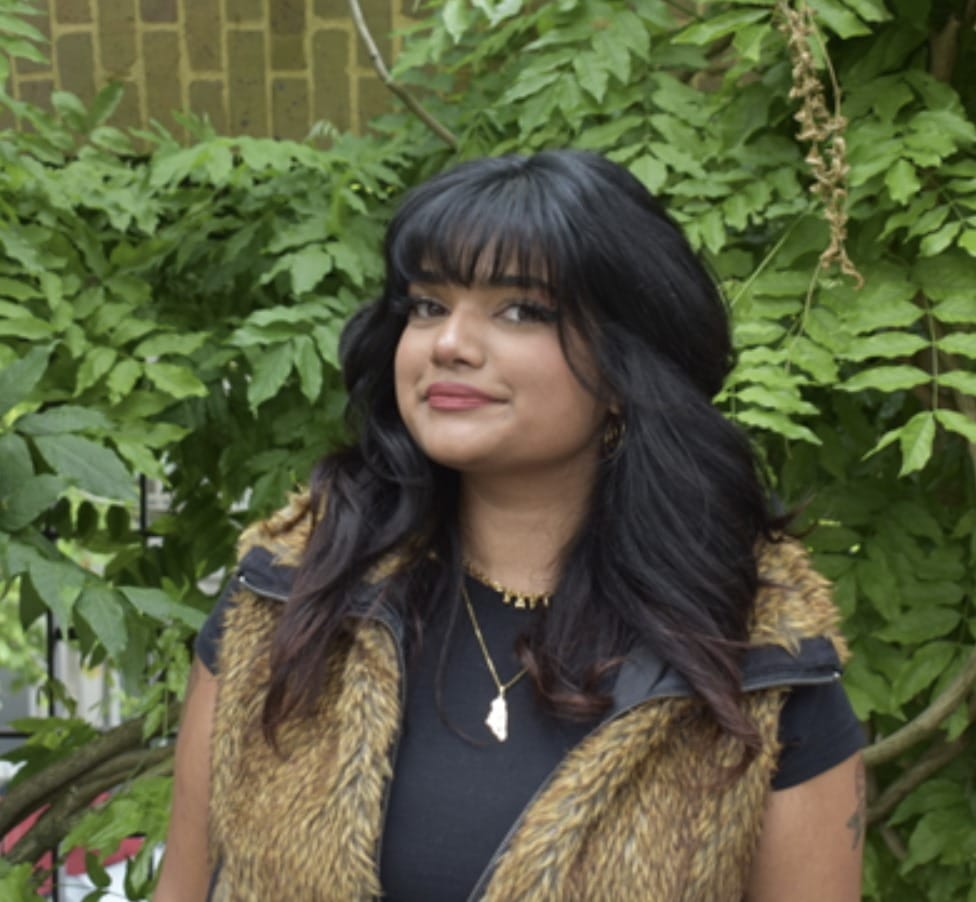Safia Shaikh: 'Participation is the only tool for change'
'The job is only really worth it for the students - they elected me'

by Barty Roberts, Editor-in-Chief, and Jacob Winter, Senior Staff Writer 03/02/2025
Safia Shaikh was elected as a sabbatical officer in the Students’ Union a year ago. We caught up with her to reflect on the past year, and what she has learnt from being a sabbatical officer.
One theme that is abundantly clear is the sense that engaging with students and inviting students to engage with her is essential to everything she does. ‘The job is only really worth it for the students - they elected me’. The most known policy that Safia has implemented is the participatory budget forums. Before Safia took office, society budgets were allocated behind closed doors, without any explanation as to how the process worked. Now society representatives are invited to a forum where they pitch their budgeting plans to other society representatives and vote democratically and transparently. Safia is the first to admit that it is not a perfect system. Still, societies now know how their money is allocated and have the opportunity to participate in the process.
Safia has placed an emphasis on simply being present - ‘The activities and events role cannot be done from home, I cannot solve every problem but I don’t ever turn people away’. Her role has been complicated by the dismissal of Alex Cachinero Gorman and Abel Harvie-Clark, there is no precedent for what happens when Sabbatical Officers are fired and Safia has often had to assume certain responsibilities and increase her workload.
Safia has been at SOAS for five years now, she completed her BA and MA here and has now spent a year working in the Students’ Union. On how SOAS has changed, Safia acknowledges the positives and negatives. ‘There’s an awareness here’ but one that is as productive as it is destructive. The past year has been marked by two notable events in the Students’ Union - the dismissal of Alex Cachinero Gorman and Abel Harvie-Clark and the failure to properly allocate religious places for Muslim students. On the dismissal of the Co-Presidents, SU records (and statements on her own social media) show that Safia has advocated for the return of the dismissed Sabbatical Officers, though some people feel not fervently enough which has led to a string of abusive videos being posted on social media as well as receiving anonymous threats of violence. She has been personally targeted and labelled as a traitor. ‘It is exhausting to be constantly harassed, and if I have to spend time defending my record it stops me from actually doing the job I was elected to do’.
The growing row about prayer spaces has also occupied a lot of Safia’s time. Muslim women have been allocated the Junior Common Room as a space for their Jummah Prayers, one of the few communal spaces open for students. This is an allocation they did not want, yet feel they are made to unnecessarily defend. The increase in Islamophobia, whether it be from students or security, is cause for concern. Hailing from a South-Asian Muslim background Safia does not feel the problem is unique to SOAS, stating ‘institutions in a racist country cannot insulate themselves from that prejudice’ but SOAS with such a large cohort of Muslim students ‘should be doing more’.



